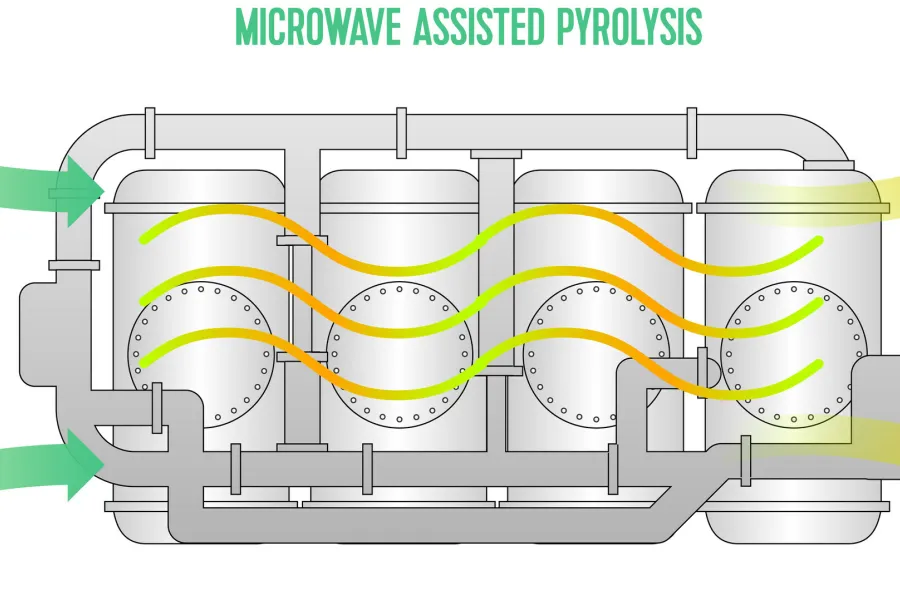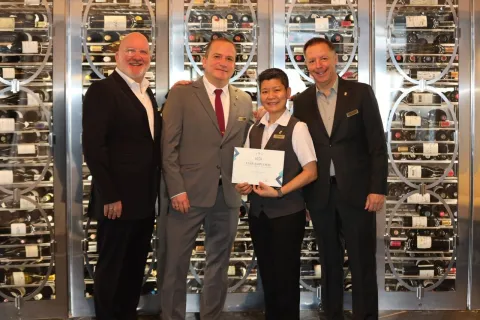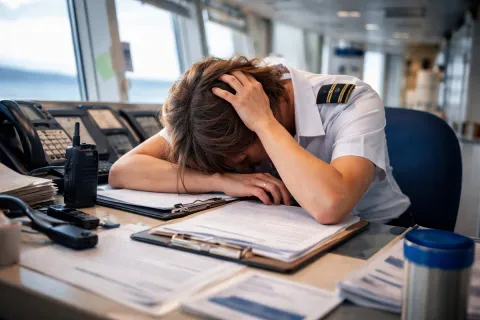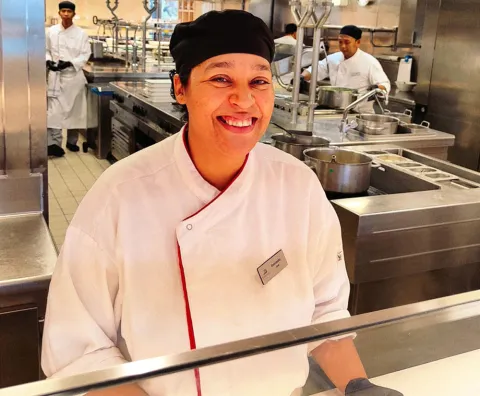
In a bid to enhance its waste management practices and prioritize environmental responsibility, Royal Caribbean Group has announced implementation of innovative technology on its cruise ships. The company plans to implement waste-to-energy (WTE) systems, food waste reduction initiatives, and an expanded network of green hubs, all aimed at delivering vacation experiences in an environmentally sustainable manner.
Royal Caribbean Group is set to introduce waste-to-energy systems, food waste applications, and an extended network of green hubs, showcasing its commitment to responsible vacation experiences. The two newest ships, Icon of the Seas from Royal Caribbean International and Silver Nova from Silversea Cruises, will debut the cruise industry's first onboard systems that directly convert solid waste into energy.
Jason Liberty, President and CEO of Royal Caribbean Group, expressed pride in the company's efforts to envision a sustainable future, stating, "I am proud of Royal Caribbean Group's drive to SEA the Future and be better tomorrow than we are today. Pioneering the first waste-to-energy system on a cruise ship builds on our commitment to remove waste from local landfills and deliver great vacation experiences responsibly."
The waste-to-energy systems, namely microwave-assisted pyrolysis (MAP) and micro auto gasification (MAG), will transform waste materials into syngas that can be utilized as onboard energy sources. Similar to land-based waste-to-energy facilities, these systems promote efficient and sustainable waste management practices. Additionally, the process generates biochar, a byproduct that can be used as a soil nutrient.
Royal Caribbean Group is also dedicated to reducing food waste across its fleet by 50 percent by 2025. To achieve this goal, the company has implemented various initiatives, including the development of a proprietary platform to monitor food supply, the utilization of artificial intelligence (AI) to adjust food production in real time, the employment of dedicated onboard food waste professionals, and tracking guest demand for menu items to optimize preparation and ordering.
Royal Caribbean Group has successfully reduced food waste by 24 percent by addressing key factors contributing to waste, such as inventory management and over-preparation.
In addition to waste management measures, Royal Caribbean Group aims to expand its Green Hubs program, which focuses on diverting waste from landfills. By partnering with waste vendors in strategic destinations, the program has achieved a remarkable 92 percent diversion rate, effectively reducing the company's waste footprint. The Galapagos Islands recently joined the Green Hubs program, with Silversea becoming the first cruise ship to receive environmental management certification by diverting all waste from landfills in that region, Royal Caribbean said.
With these innovative initiatives and a commitment to sustainable practices, Royal Caribbean Group aims to set new standards in waste management within the cruise industry, contributing to a greener and more environmentally conscious future.












